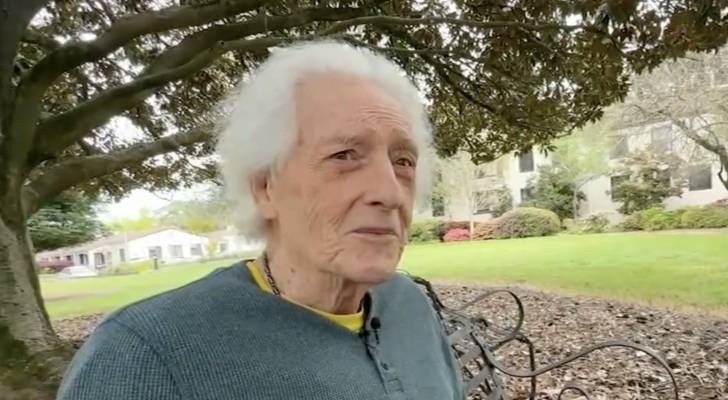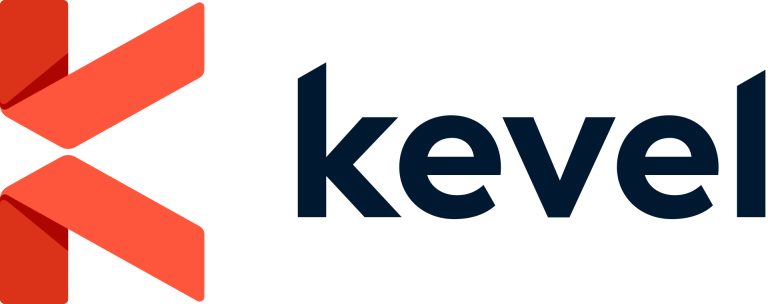
Alan Culbert just wanted to buy some presents for his grandkids and fix up his car. Since the Harvard-educated 91-year-old veteran and Bay Area resident didn’t have the cash, he took out a $900 loan from Plain Green Loans, unaware that it would lead him toward potential financial ruin.
According to a story from ABC 7News, the Montana-based lender Culbert borrowed from was one of a few companies that accepted his online loan application. Culbert was happy to see the lender advertise an easy borrowing process, with "better rates," and an "excellent" 5-star rating. He took the money, paid back the $900 within two months, and thought he would move on with his life — but that didn’t happen.
"I had no idea there was going to be an interest charge," Culbert said. Sadly, there wasn’t just an interest charge — it was 682%, and Culbert was left with $2,646.69 in interest costs, accounting for more than half his monthly income.
If you’re wondering how this is legal, it’s because the loan came from a native tribe. Here’s why that simple fact left Culbert in a tough spot with no clear idea of what to do next.
Don’t miss
- I’m 49 years old and have nothing saved for retirement — what should I do? Don’t panic. Here are 5 of the easiest ways you can catch up (and fast)
- Gain potential quarterly income through this $1B private real estate fund — even if you’re not a millionaire. Here’s how to get started with as little as $10
- You’re probably already overpaying for this 1 ‘must-have’ expense — and thanks to Trump’s tariffs, your monthly bill could soar even higher. Here’s how 2 minutes can protect your wallet right now
Tribal governments can avoid state usury laws — but some states are taking action
Culbert’s loan came from the Chippewa Cree Tribe of Rocky Boy’s Reservation, but it could have come from one of many native tribes that offer high-interest rate loans. The tribes argue that they have sovereign immunity and are thus governed by federal — not state — lending laws.
That creates a problem because the federal government doesn’t limit what rate lenders can charge outside of a 36% limit on loans offered to active-duty service members. This wouldn’t have protected Culbert, who is a veteran, and, because tribal governments are independent of state governments, California’s 10% cap on most consumer loans didn’t protect him either.
Some states have recognized this issue and taken steps to ensure their residents can’t be charged so much to borrow. Connecticut, Arkansas, New York, Pennsylvania, Virginia and West Virginia have mostly eliminated tribal loans, and Minnesota put a 36% cap in place, while also making it impossible to collect excess fees.
Minnesota’s Attorney General Keith Ellison also filed suit against three separate entities, including officers of the tribal entities.
"Sovereign entities, like states or tribal governments, generally you can’t sue them under a theory of sovereign immunity. But you can hold them accountable if you name their leaders," Ellison said. "When we brought the lawsuits against three separate entities, we named the tribal entities’ officer and said, ‘You got to stop doing this.’ And as a result, we were able to stop that lending."
Read more: Want an extra $1,300,000 when you retire? Dave Ramsey says this 7-step plan ‘works every single time’ to kill debt, get rich in America — and that ‘anyone’ can do it
Ellison made clear he’d be happy to share his tips for ending these predatory loans with California. If the Golden State takes action and can achieve the success that Minnesota did, people like Culbert could be spared a lot of heartache.
For his part, Culbert isn’t sure how to proceed. He tried reaching out to the company and explaining he was a veteran, but Plain Green Loans wasn’t sympathetic to his plight. In fact, Culbert said their response was: "’Sorry, too bad. You signed a loan agreement, and you owe all this money. It will ruin your credit history, and we will proceed with collections."
With the media spotlighting his plight, Culbert will hopefully find some relief. Still, the veteran is wondering how this could have happened in the first place. "I don’t see how that can be legal, and they can charge that much in this state," he lamented.
How to avoid taking out a bad loan
Since tribal loans are effectively banned in only a small minority of states, vulnerable borrowers risk being contacted by one of these lenders when they apply for a loan of their own. If they take it, they could find themselves facing the same frustrations Culbert is experiencing.
To avoid this fate, anyone borrowing should:
- Independently research the lender to determine if they are reputable
- View aggressive sales efforts on the part of lenders as a significant red flag, especially if the lender is offering tribal loans
- Insist on reviewing a written document that outlines the full terms and conditions of the loan before agreeing to borrow, including the interest rate and total payoff costs
Hopefully, borrowers can avoid predatory lenders by doing this research. Still, vulnerable individuals, like Culbert, will continue to be at risk of such practices until more states (or even the federal government) implement greater control and transparency over tribal loans.
What to read next
- Millions of Americans now sit on a stunning $35 trillion in home equity — here’s 1 new way to invest in responsible US homeowners while targeting a 14%-17% IRR
- Robert Kiyosaki warns of a ‘Greater Depression’ coming to the US — with millions of Americans going poor. But he says these 2 ‘easy-money’ assets will bring in ‘great wealth’. How to get in now
- Here are 5 ‘must have’ items that Americans (almost) always overpay for — and very quickly regret. How many are hurting you?
This article provides information only and should not be construed as advice. It is provided without warranty of any kind.


